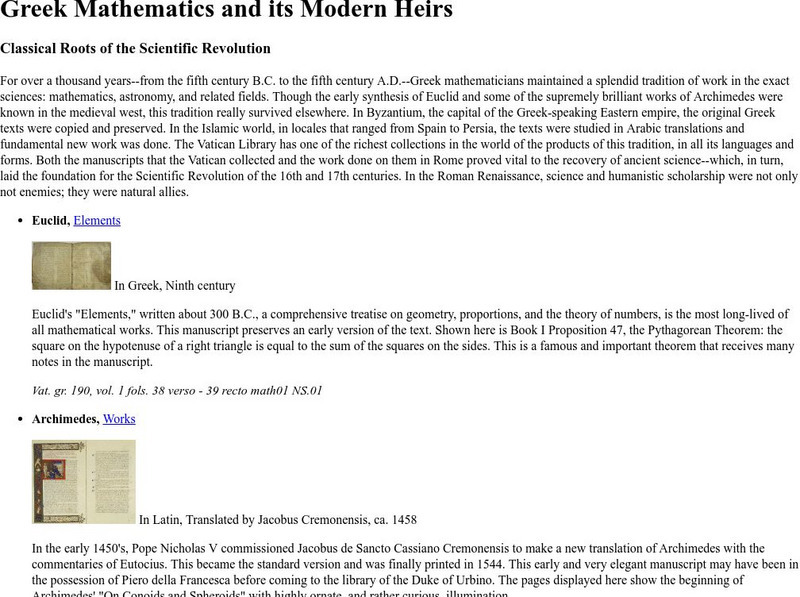Curated OER
Duplicating Segments and Angles
Tenth graders investigate geometric construction. In this geometry lesson, 10th graders explore the procedure for copying an angle and a segment. The lesson emphasizes the difference between a sketch, a drawing, and a...
Curated OER
Number Theory: The Sieve of Eratosthenes
In this number theory worksheet, learners read about The Sieve of Eratosthenes and follow a set of directions to complete a prime number activity and answer 4 related questions.
Curated OER
Do You Have a Sinking Feeling
Students determine how marine archaeologists use historical and archaeological data to draw inferences about shipwrecks. Students plot the position of a shipwrecked vessel, and draw inferences about the shipwreck from artifacts that have...
Curated OER
Figure It Out - Polygons
Sixth graders explore different polygons. In this polygon lesson, 6th graders examine a rhombus, quadrilateral, parallelogram, and rectangles. Students compare and contrast polygons and research shapes on the Internet.
Curated OER
Babylonian Square Roots
Students are introduced to a method for finding square roots used by the Babylonian people of Mesopotamia. The method involves dividing and averaging, over and over, to find a more accurate solution with each repeat of the process.
Curated OER
Explore the Mathematics of the Explorers
Columbus and other explorers relied upon mathematical calculations using the Earth, stars, and ships speeds.
Curated OER
Surface Area and Volume of a Cylinder
Seventh graders find the surface area and volume of a cylinder. In this area and volume lesson, 7th graders complete several activities to learn the volume and surface area of cylinders.
Curated OER
How Distant is the Moon?--2
Students examine total eclipses of the Sun and their limited regions of totality. They explain that this limited view occurs because the Moon is close enough to us for different points on Earth to view it differently.
Curated OER
T-Angling with Words
In this geometry roots worksheet, 10th graders solve and complete 22 various types of problems. First, they match the geometry word roots on the left with their meanings found on the right side. Then, students list as many other geometry...
Curated OER
The Stellar Magnitude Scale
For this stellar magnitude scale worksheet, students use a scale showing the magnitude of objects in the sky to answer 5 questions about the brightness of the moon, the planets and stars.
Curated OER
My 2011 Resolution: Investigate Mathematics of Calendars and Fitness
Ring in the new year with interdisciplinary units related to the development of calendars and getting fit.
Curated OER
Visual Arts - Lesson 9 - Line in Architecture
Second graders study the meaning of the term architecture and identify arches and lines in a building in Balimore.
University of St. Andrews (UK)
University of St. Andrews: Greek Number Systems
A comprehensive discussion of Greek number systems of the first millennium BC, including acrophonic and alphabetical. Includes examples demonstrating the lack of a truly unified system among the Greek islands.
Stephen Byrne
History for Kids: Ancient Greek Science
Overview of the history of science in Greece during the Hellenistic age when Greek culture mingled with Persia and many advancements were made. Teacher resources include worksheets, activities and quizzes.
University of St. Andrews (UK)
University of St. Andrews: Mac Tutor History of Mathematics Archive
The University of St. Andrews, Scotland, presents hundreds of biographies of famous mathematicians, histories of math in various cultures, and interesting facts on the development of important math concepts. This is a huge reference....
Tour Egypt
Tour Egypt: The Ancient Egyptian Number System
This Tour Egypt site presents an easy-to-read account of ancient Egypt mathematics. Content explores the history and development of mathematics, how it was used, what helpful documents we have found that give us insight into what the...
Texas A&M University
Texas a & M University: The Origins of Greek Mathematics [Pdf]
Describes the history of Greek mathematics and the major figures and schools of mathematics.
Other
Ancient Greek Number Codes
Credited to the Cornell University Greek Epigraphy Project, the content on this page explains (and illustrates through a chart) the Greek use of Alpha characters for numbers.
Texas A&M University
Greek Numbers and Arithmetic
A brief description of the earliest Greek numberical notation, the Attic system, followed by a more detailed description of the alphabetical system that replaced it.
Math Open Reference
Math Open Reference: Biography of Euclid
Biography of Euclid, a Greek Mathematician, also known as the 'Father of Geometry'.
Math Open Reference
Math Open Reference: Thales
Contains a detailed biography and discussion of the contributions of the ancient Greek philosopher Thales. Part of a larger mathematics site, this page focuses primarily on his contributions to Geometry.
ibiblio
Ibiblio: Greek Mathematics and Its Modern Heirs
This ibiblio.org site discusses the "Classical roots of the scientific revolution," with concentration on the Greek mathematicians from the 5th century BC to the 5th century AD who "Maintained a splendid tradition of work in the exact...
Islami City
Islamic History: Arabic Numerals
Considers the origin of our "Arabic," system of number notation as probably having originated in India. Has illustrations demonstrating how much less cumbersome this system is than Roman, Egyptian, or Greek numeration.








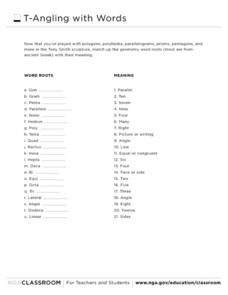

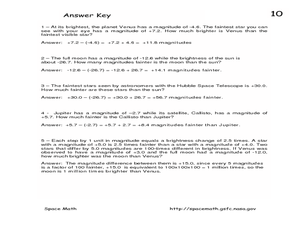

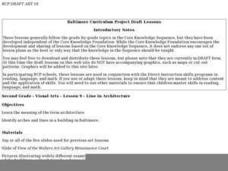



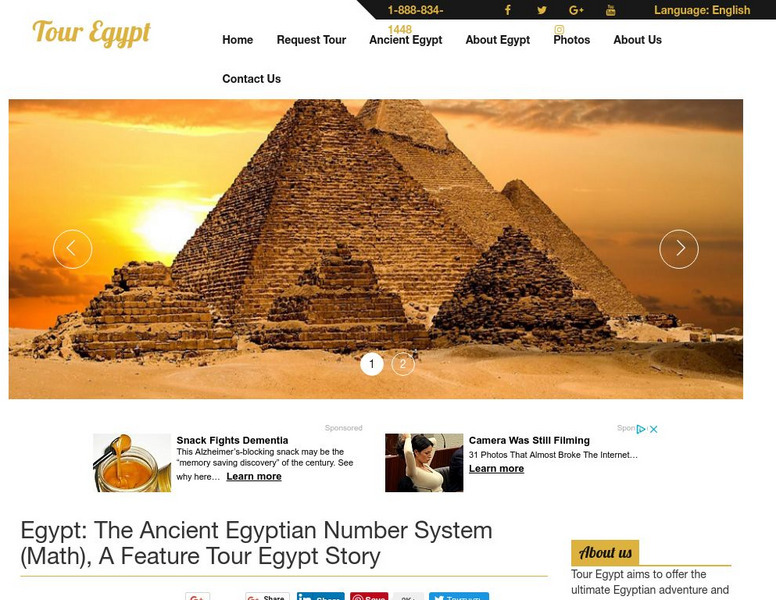
![Texas a & M University: The Origins of Greek Mathematics [Pdf] Article Texas a & M University: The Origins of Greek Mathematics [Pdf] Article](https://d15y2dacu3jp90.cloudfront.net/images/attachment_defaults/resource/large/FPO-knovation.png)



